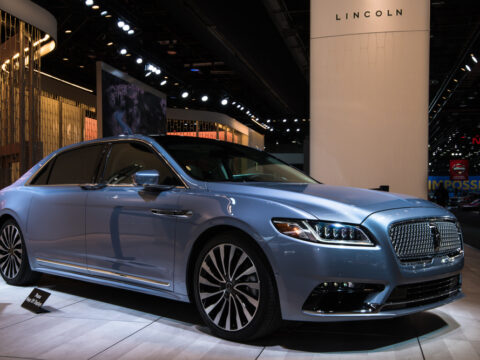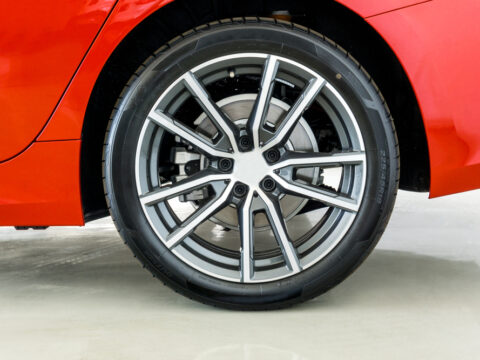When it comes to selling your car, several factors can significantly impact its resale value. Understanding these can help you get the best price when it’s time to sell. Here are key factors that make a big difference to your car’s resale value.
Contents
Mileage

High mileage often lowers a car’s resale value as it indicates more wear and tear. For instance, a Toyota Camry with 150,000 miles may sell for $5,000, while a similar model with only 50,000 miles can fetch $12,000. Lower mileage suggests less use and potentially longer remaining life, making the vehicle more appealing to buyers.
Age

The age of a car significantly impacts its value. Newer cars generally have higher resale values due to less outdated technology and safety features. A 5-year-old Honda Accord typically holds more value compared to a 10-year-old model, often by several thousand dollars, due to its newer design and features.
Condition
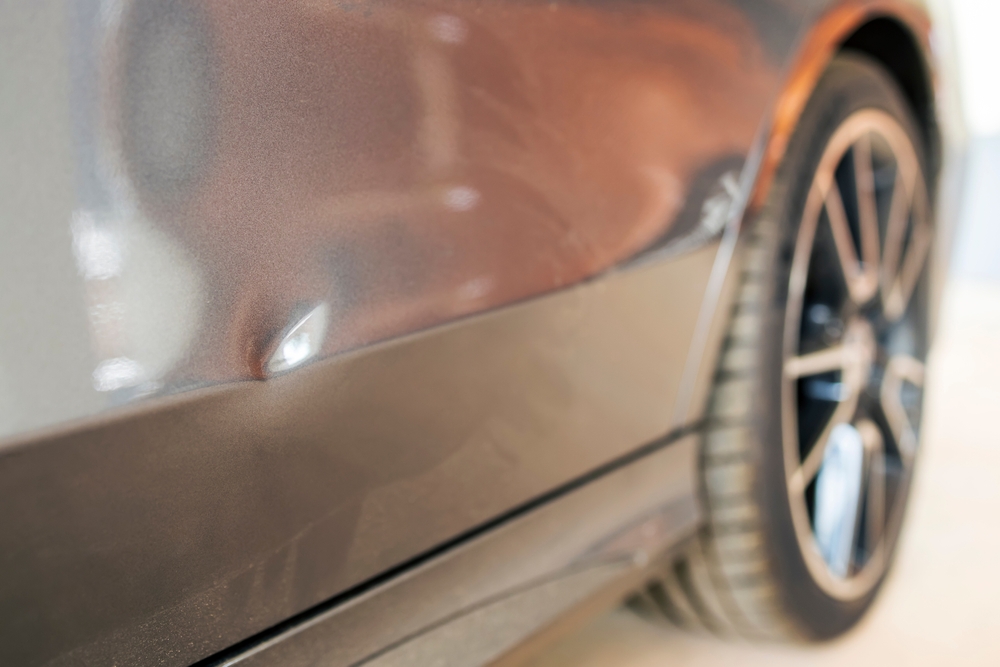
A car’s physical and mechanical condition is crucial. Vehicles in excellent condition, with no major dents, scratches, or mechanical issues, command higher prices. For example, a well-maintained Ford F-150 can sell for $20,000, whereas the same model with visible damage and mechanical problems might only sell for $10,000.
Service History
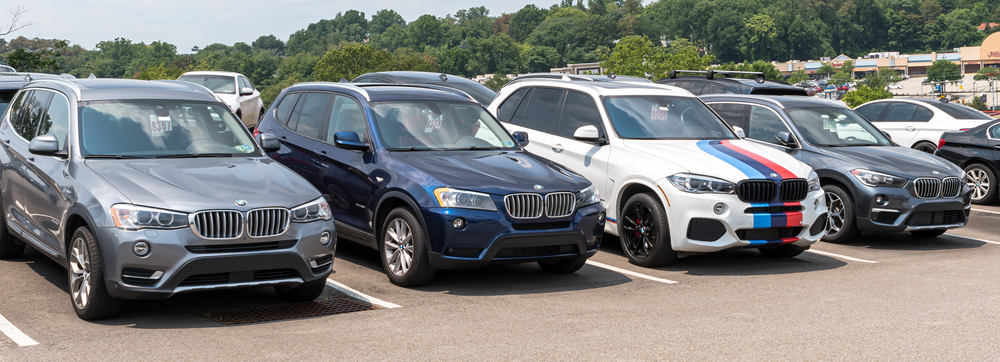
Regular maintenance and a complete service history boost a car’s resale value. Buyers prefer cars with documented upkeep as it indicates reliability. A BMW with comprehensive service records can see a 10-15% increase in value compared to one without.
Brand and Model
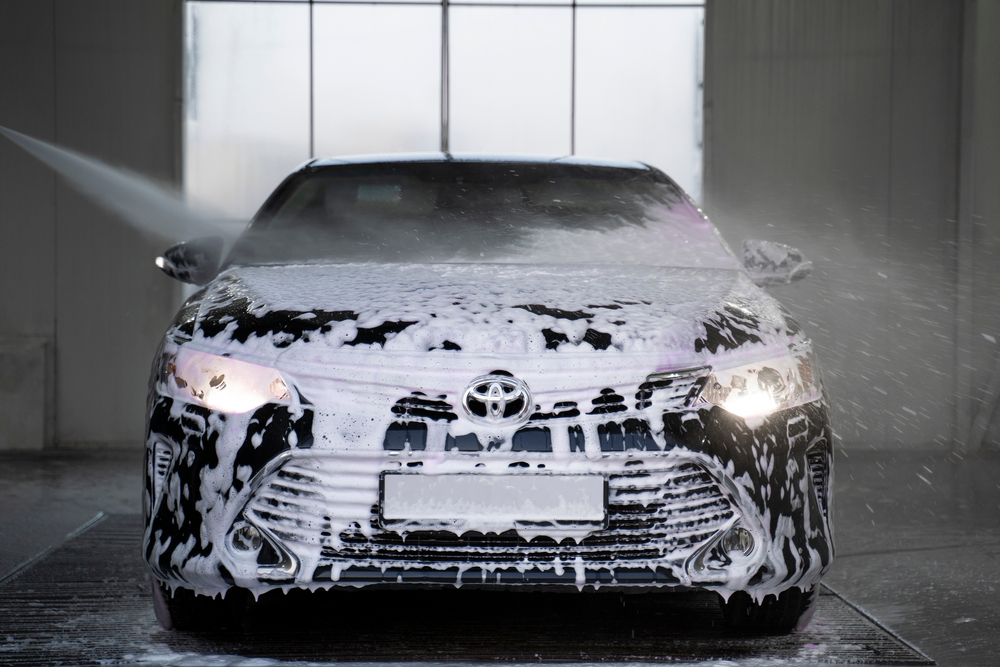
Certain brands and models retain value better. Luxury and reliable brands like Lexus, Toyota, and Honda often have higher resale values. A Lexus RX, for instance, depreciates slower than an average car, maintaining a higher percentage of its original price over the years.
Market Demand
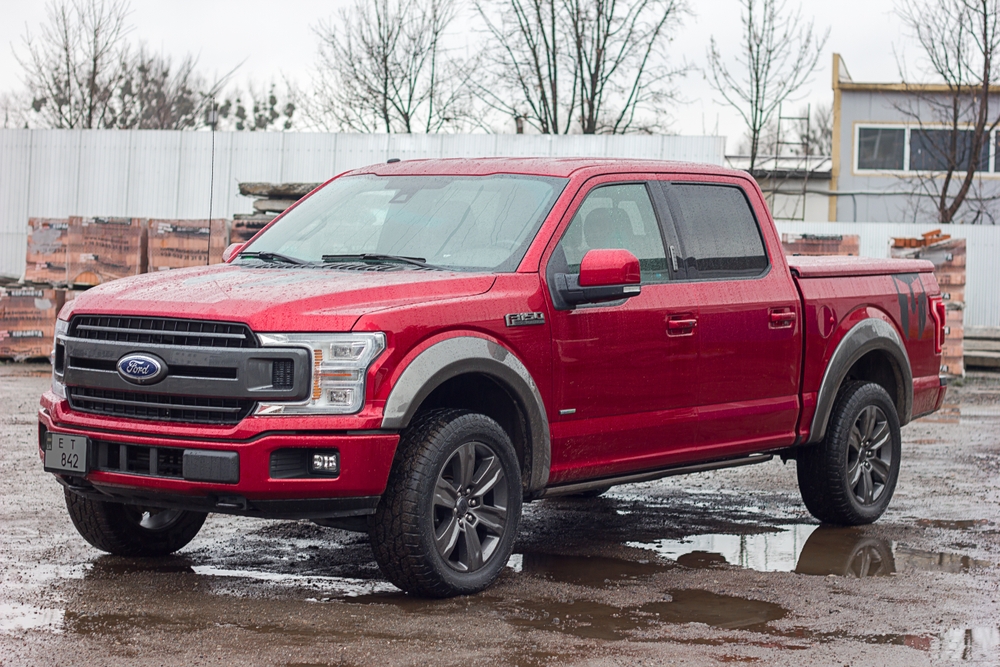
High demand for specific models increases resale value. SUVs and trucks like the Ford Ranger are currently popular, leading to higher resale values compared to less sought-after sedans. Market trends significantly impact how much a car will sell for.
Fuel Efficiency
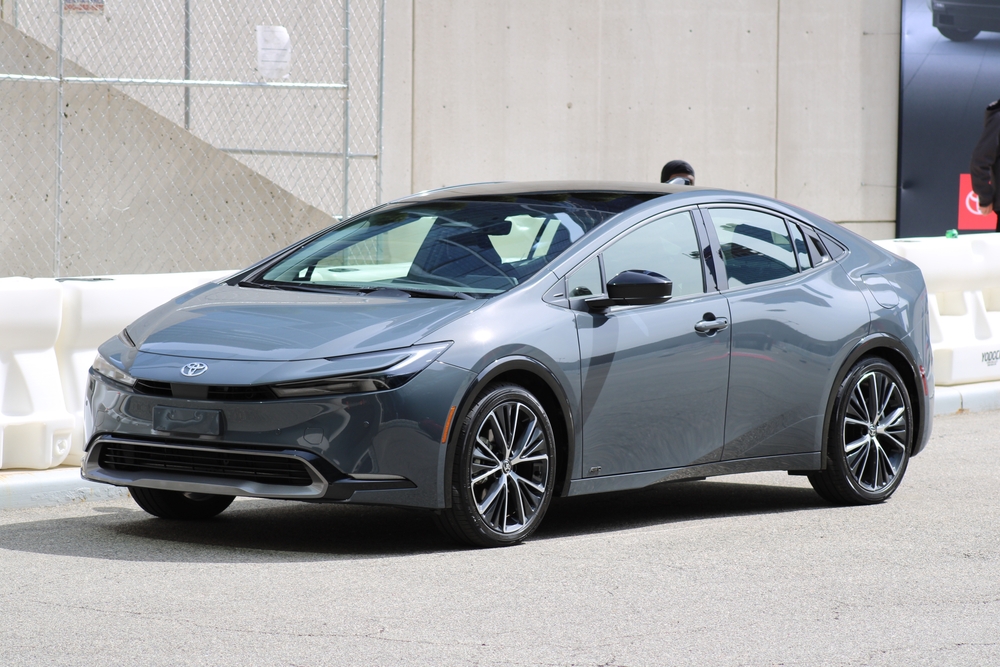
Cars with better fuel economy are more attractive, especially when fuel prices are high. Hybrid and electric vehicles, such as the Toyota Prius, often have higher resale values due to their lower operating costs over time.
Color

The color of a car can influence its resale value. Neutral colors like black, white, and silver are more popular and thus easier to sell. A red sports car, like a Chevrolet Corvette, might have a higher resale value than a less popular green or orange one.
Technology and Features
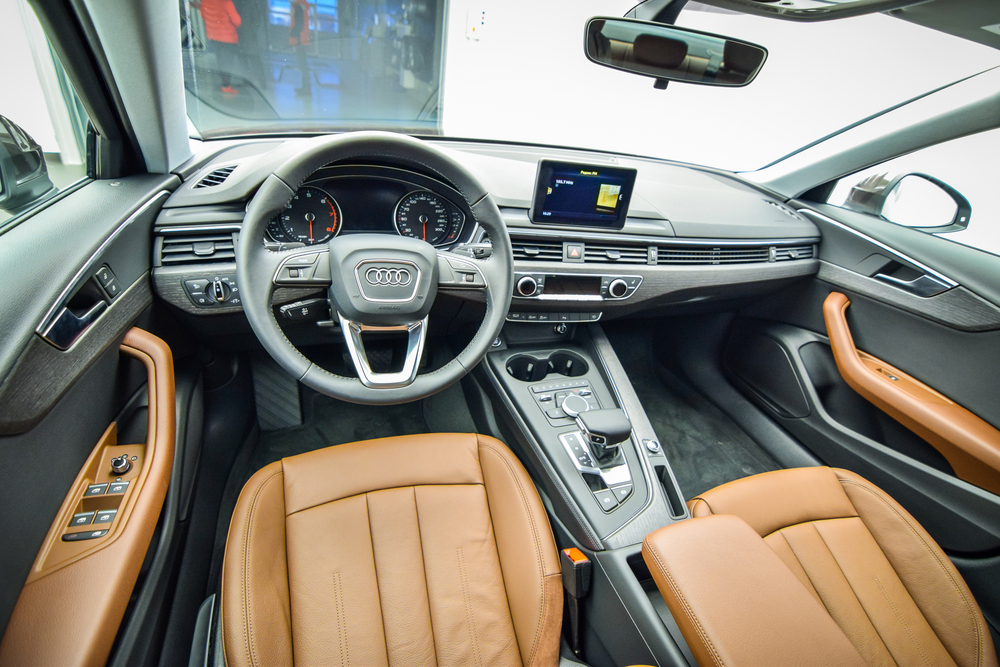
Modern technology and features can significantly enhance resale value. Cars equipped with advanced safety features, navigation systems, and premium sound systems, such as a fully loaded Audi A4, generally fetch higher prices than basic models.
Warranty

Cars still under warranty tend to have higher resale values. A car with a transferable warranty, like a Kia with a 10-year/100,000-mile warranty, provides added security to buyers, making it more attractive and valuable.
Ownership History

Single-owner cars are often more desirable than those with multiple owners. A single-owner Toyota Highlander usually sells for more as it suggests consistent maintenance and care, unlike a car that has had several owners with varied maintenance habits.
Accident History

Vehicles with a clean accident history have higher resale values. A Carfax report showing no accidents can increase the value of a car by thousands. Conversely, a car with a history of significant accidents, like a previously totaled vehicle, will see a substantial decrease in value.
Modifications

While some modifications can enhance a car’s appeal, most tend to reduce resale value. Custom paint jobs, non-factory wheels, or aftermarket performance parts can make a car like a Honda Civic less appealing to a broad audience, lowering its value.
Interior Condition
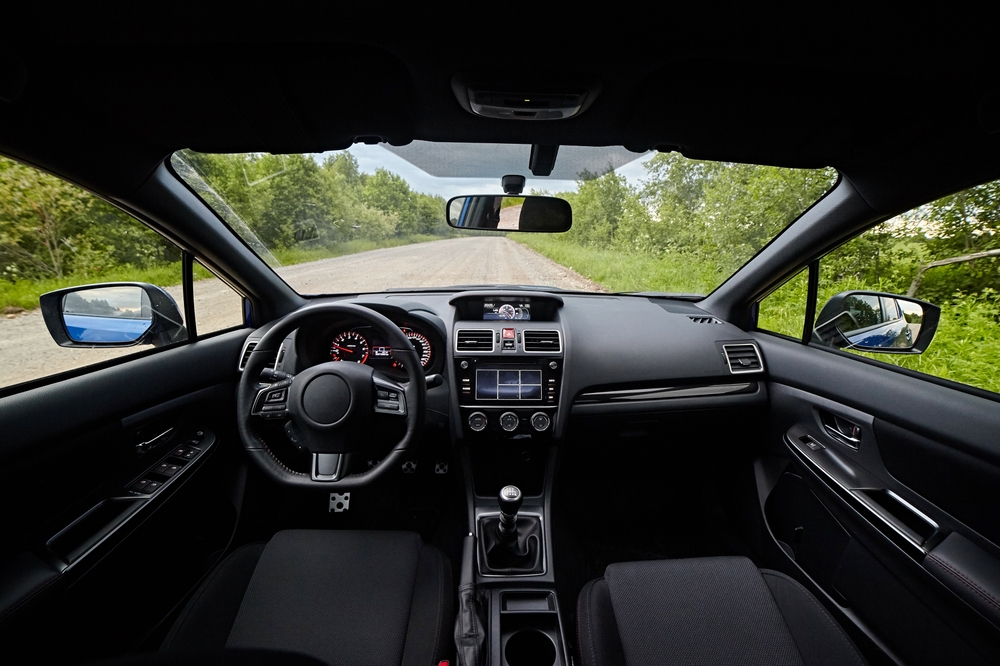
The condition of a car’s interior matters greatly. Cars with well-maintained interiors, free of rips, stains, or odors, are more appealing. For example, a Nissan Altima with a pristine interior will command a higher price compared to one with significant wear and tear.
Exterior Condition
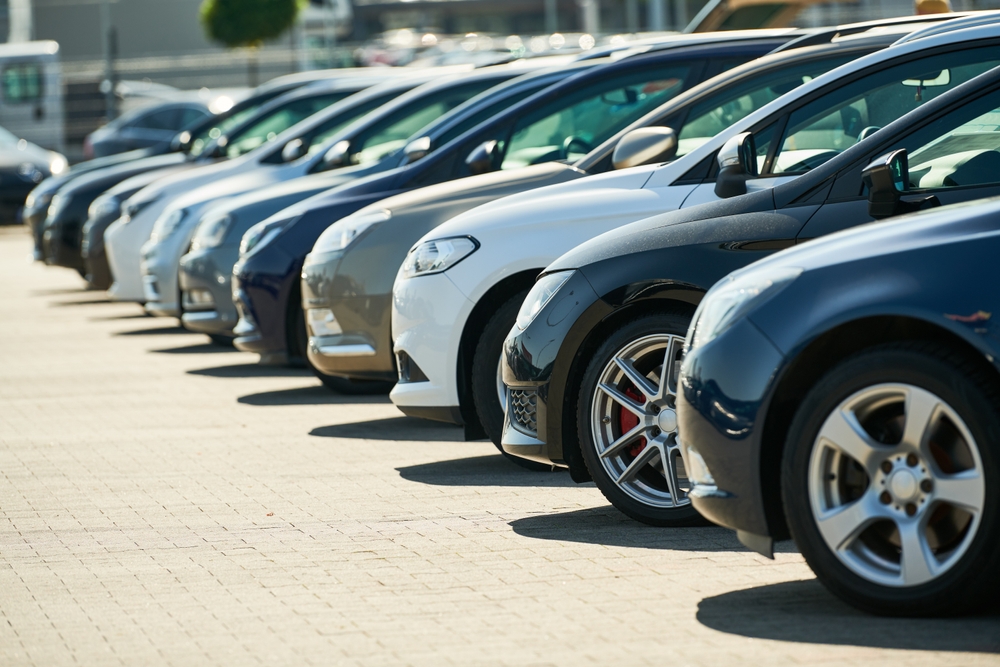
The exterior condition, including paint and bodywork, influences resale value. A car with a flawless exterior, such as a Mazda CX-5 without dents or scratches, will be valued higher than one with visible damage.
Tire Condition
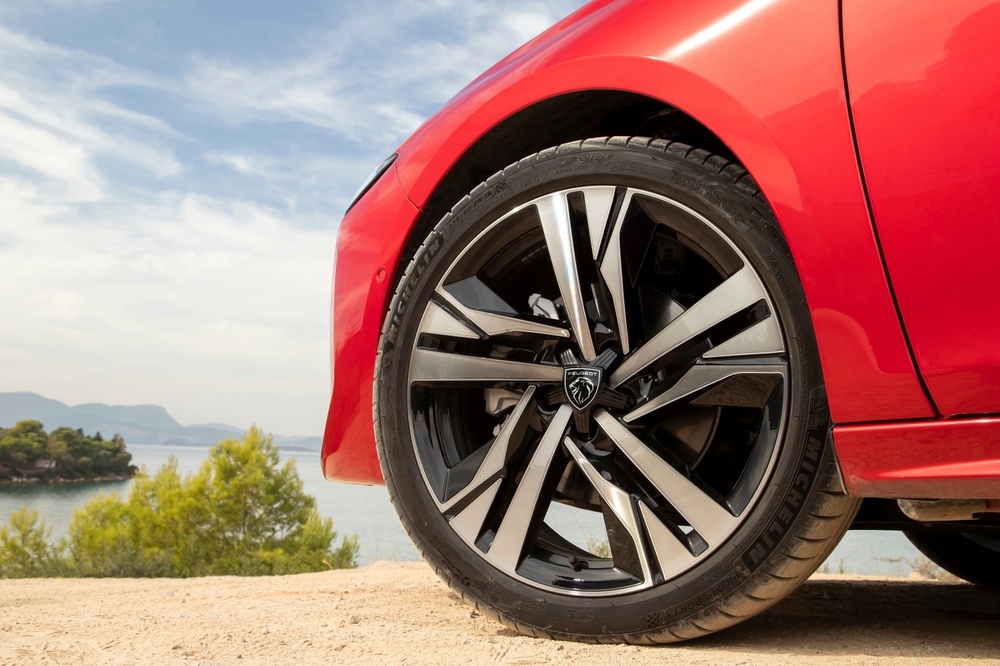
The condition of the tires can affect the car’s resale value. New or well-maintained tires indicate that the car has been cared for and can increase value. For example, a Subaru Outback with new tires might sell for $1,000 more than one with worn tires.
Location

The geographic location where the car is sold can affect its value. Convertibles, like a Ford Mustang Convertible, are more valuable in sunny climates, while AWD vehicles, like a Subaru Forester, fetch higher prices in snowy regions.
Documentation

Having complete documentation, including the original purchase receipt, manuals, and service records, can enhance a car’s value. Well-documented cars are perceived as well-maintained, increasing their resale price.
Model Year Updates
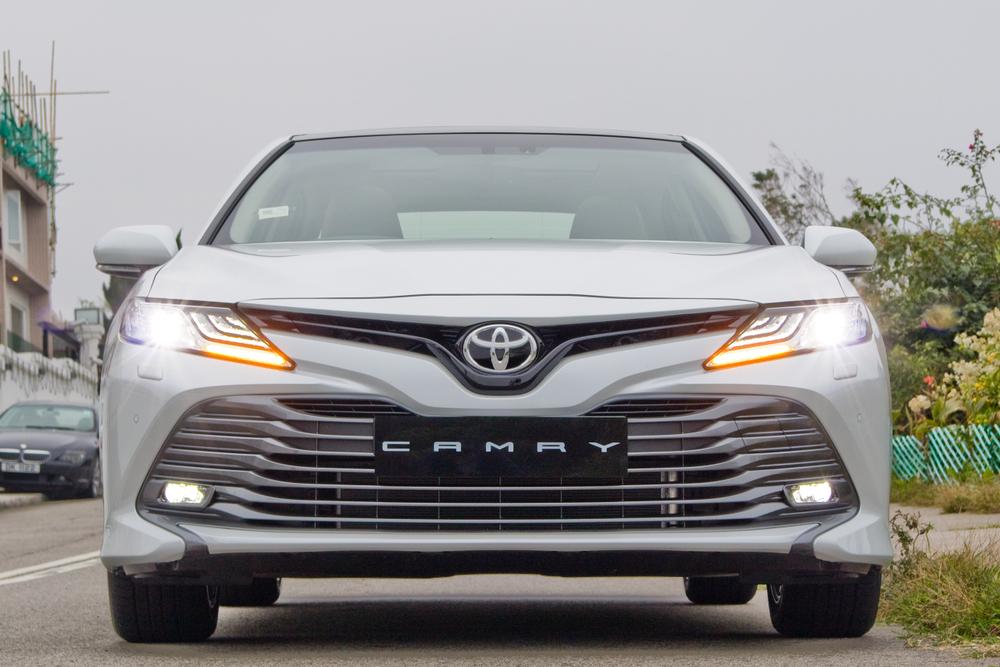
Cars from model years with significant updates or redesigns tend to hold more value. For instance, a 2018 Toyota Camry, which underwent a major redesign, will likely have a higher resale value than the 2017 model.
Seasonal Demand

The time of year can influence car prices. Convertibles and sports cars, like a Mazda MX-5 Miata, tend to sell for higher prices in the spring and summer, while SUVs and trucks are more valuable in the fall and winter due to weather conditions and driving needs.
This article originally appeared on MyCarMakesNoise.
More from MyCarMakesNoise
10 of The Weakest Car Suspension Brands
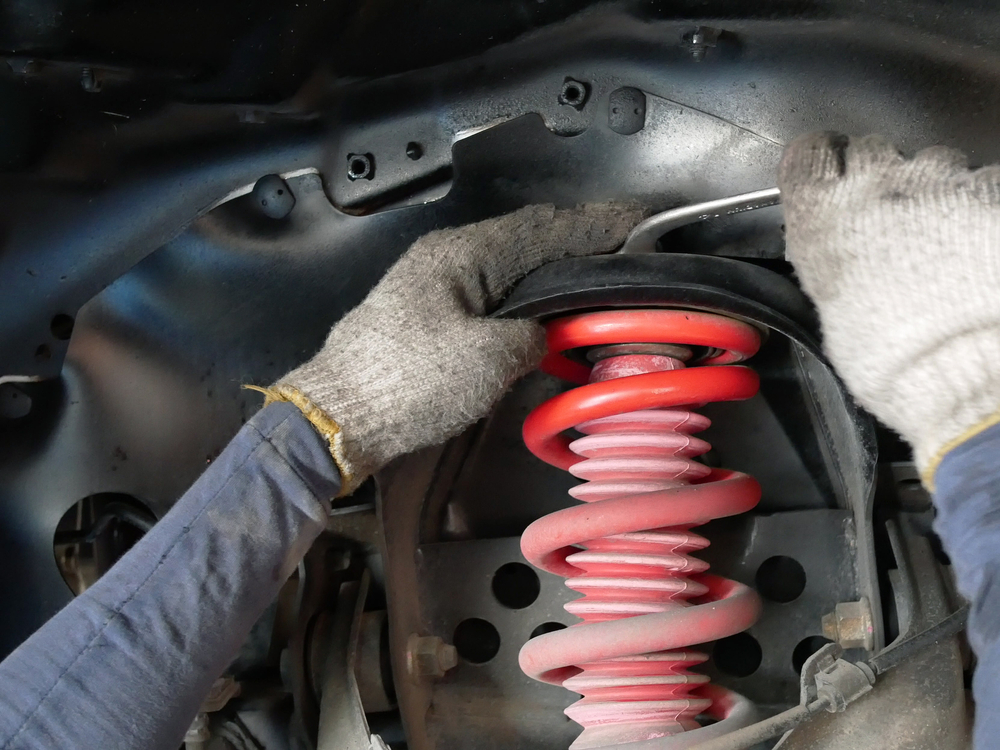
When it comes to vehicle performance, the quality of the suspension system plays a crucial role in ensuring a smooth and safe ride. However, not all suspension brands live up to the high standards expected by car enthusiasts and everyday drivers alike. Read more.
10 Worst Military Vehicles Ever Deployed

Military hardware doesn’t always hit the mark. While some vehicles become legendary for their effectiveness, others are plagued by problems that render them almost useless. Read more.
22 Sports Cars That Don’t Live Up to the Hype

The thrill of driving a sports car is undeniable, with their powerful engines and eye-catching designs drawing enthusiasts worldwide. However, some of these vehicles come with hidden drawbacks such as high maintenance costs, frequent reliability issues, and disappointing resale values. Read more.



